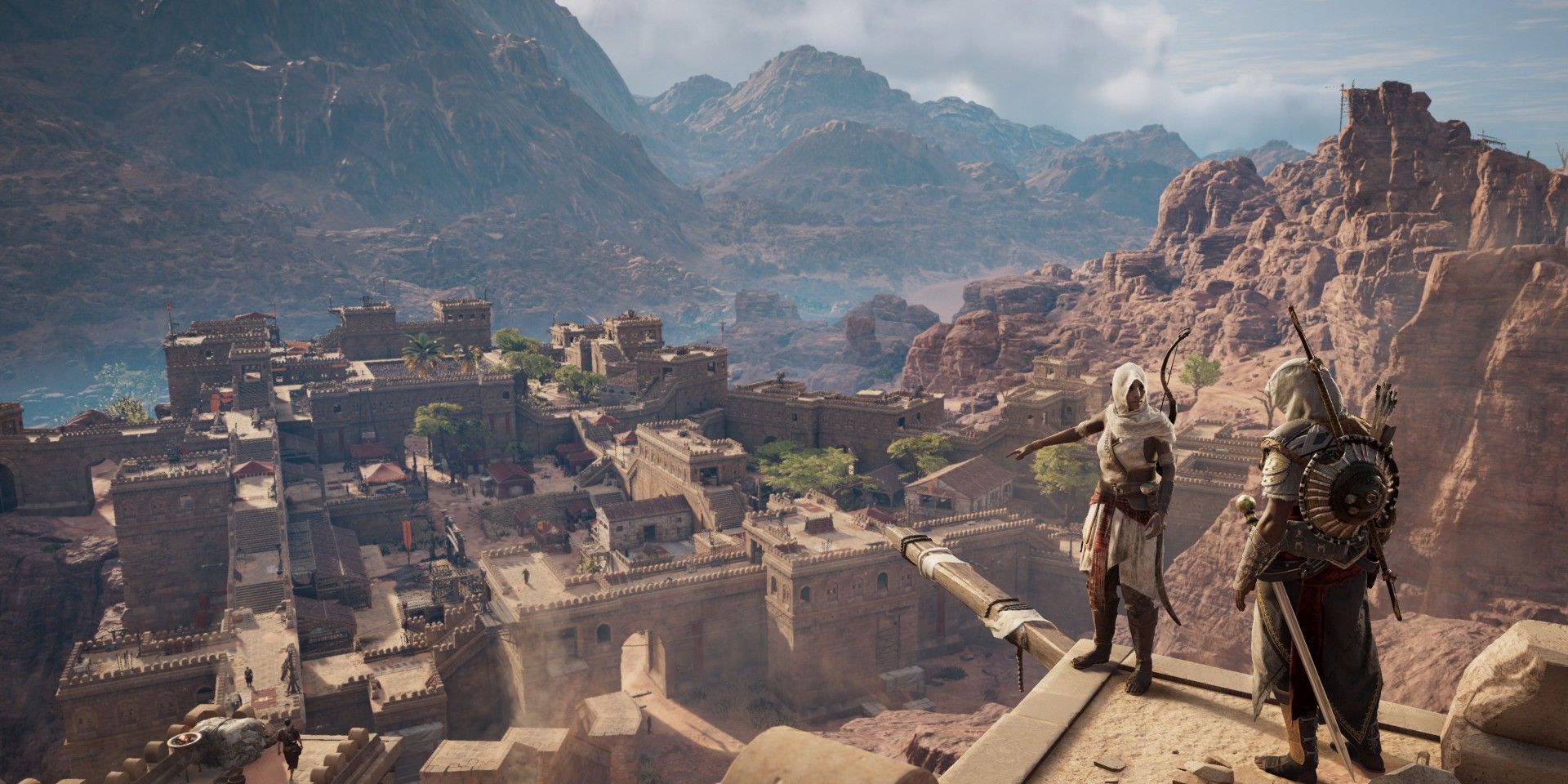
Video games love to draw on ancient cultures as a source of inspiration for modern stories. Huge, recent hits like Hades or Immortals Fenyx Rising show that it's not just development studios eager to draw from mythology -- players seem to love it, too.
Yet despite everyone's agreement that ancient cultures make compelling source material, too many draw from Greek and Roman mythology, with a rising tide of games based on Norse tales. It's time to move the cultural focus out of Europe's past and tell more stories based on Egyptian mythology.

Egyptian mythology, history and culture is rife for more video game coverage and treatment. Not only is there a rich pantheon of gods and an intricate relationship with an underworld, but there's also a canon of stories that could all serve as source material. Moreover, the mythology wasn't static -- it changed over time as different rulers came into power and between different cities, all of which provides intrinsic conflict and motivation, as well as additional inspiration.
Some games already dive into Egyptian lore. Assassin's Creed Origins did a phenomenal job of replicating Ancient Egyptian worlds and SMITE includes well-known Egyptian gods like Osiris and Ra among its mixture of mythologies. Egyptologists have latched on to these few examples, finding ways to incorporate AC Origins into the classroom and endlessly discussing its portrayal of Ancient Egyptian culture.
But Egyptian mythology is relatively untouched compared to the relentless coverage and incorporation of Greek and Roman mythology in video games. This isn't necessarily surprising -- with a number of large studios and small development teams based in the U.S. and Europe, many have likely grown up learning about how Greece and Rome are at the root of their own cultural heritage, finding the origins of everything from democracy to scientific reasoning in the writings of the Greeks.
This focus on Greece and Rome tends to erase other cultures actively living, working and storytelling at the same time. Many know that Roman myths are based whole cloth on their Greek predecessors, but Greek writings borrow explicitly from a wide array of cultures that are often forgotten, like Babylonian astronomers, Phoenician sailors and Egyptian craftspeople.
Centering the stories of these often overwritten cultures would help bring more attention to fascinating and underrepresented parts of the world. It would also provide new content for games that many players won't be readily familiar with, rather than constantly retreading the same mythological grounds. If done correctly, a game that tells stories from Egyptian mythology would also include local stakeholders in development, leading to more games from POC creators.
There's also a neo-Nazi problem. White supremacists have long co-opted Greek and Roman imagery and history as part of their ideology and as evidence for their spurious claims, relating themselves to Roman emperors and spouting Latin wildly out of context. In this environment, refusing to continue to tell these stories feels even more important.
Egyptian mythology deserves more of a place in video games. Not only is it a rich well to draw from, it's one that is relatively untouched, giving creators and players the opportunity to experience a wide variety of new stories. It also highlights underrepresented cultures and makes a place for more POC creators and maybe even Egyptian development studios. Rejecting the standard Greek and Roman myths in favor in Egyptian ones can also help to undermine neo-Nazis, meaning that playing new and cool Egyptian content could even be part of a player's civic duty.
0 Comments